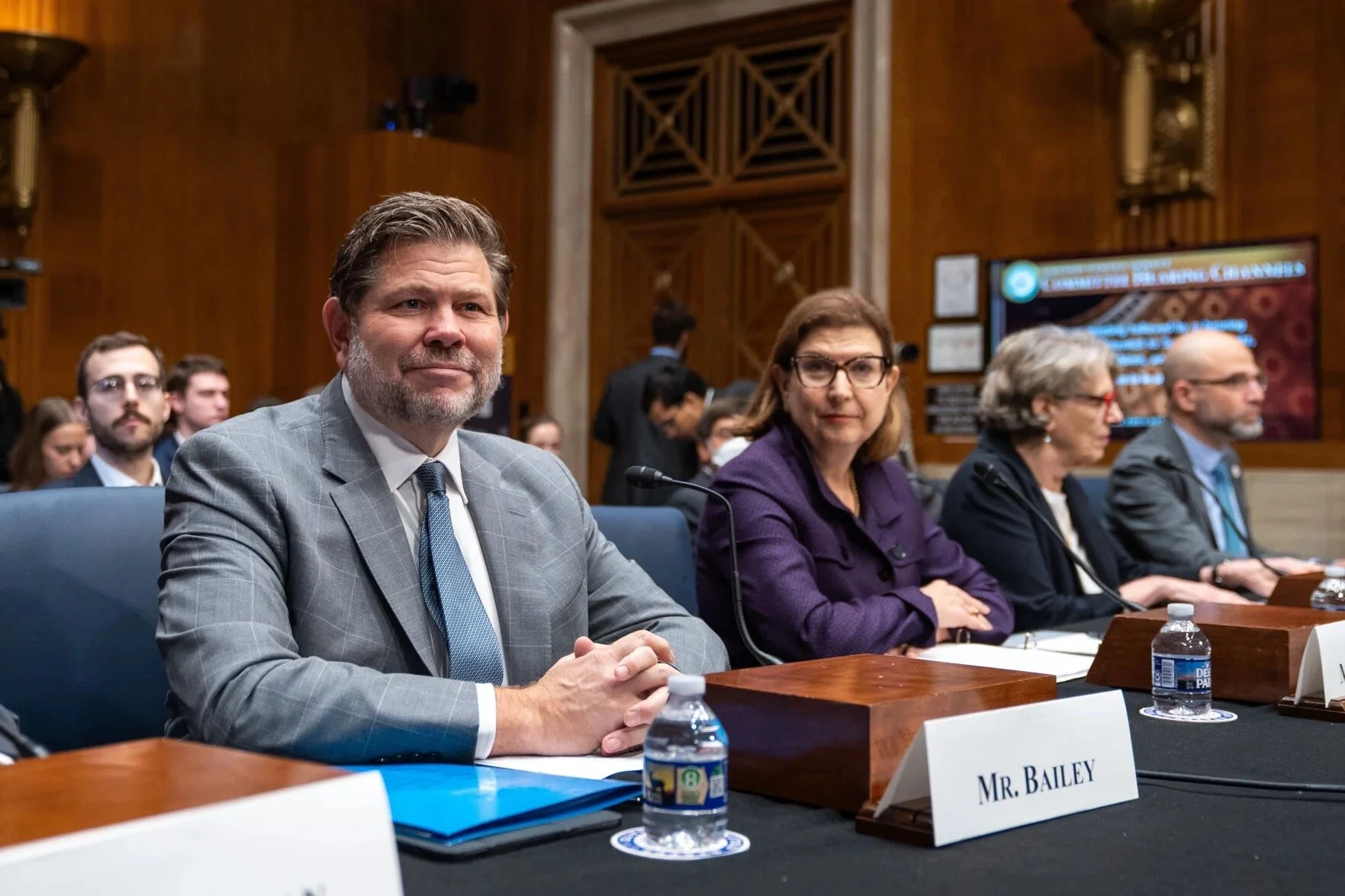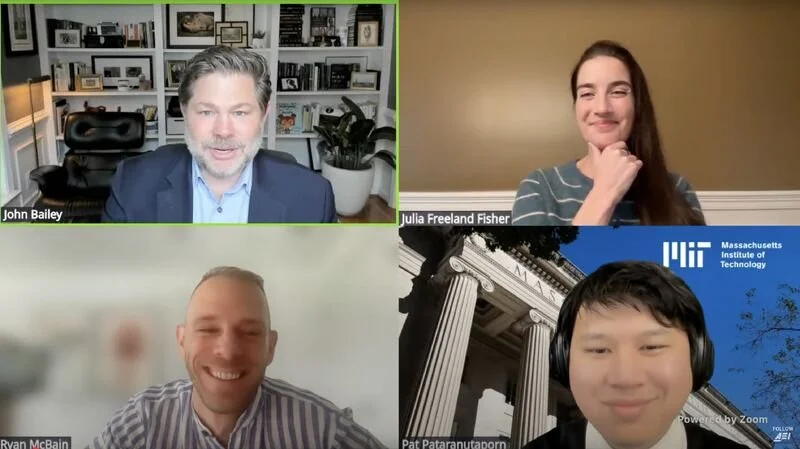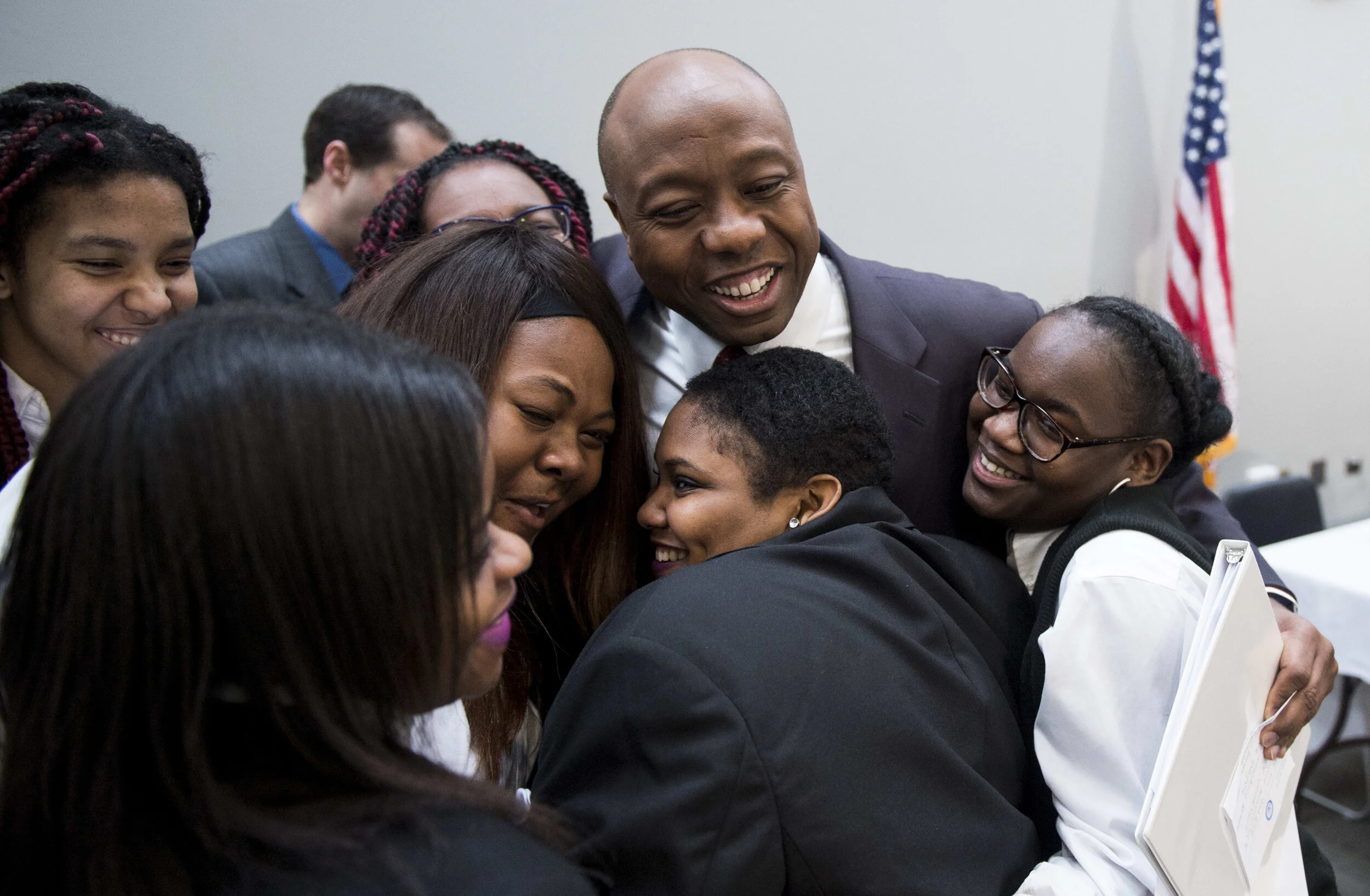An unexpectedly productive Congress has passed the Infrastructure Investment and Jobs Act (IIJA), CHIPS Act, and Inflation Reduction Act (IRA), which aim to improve America’s infrastructure, boost competitiveness with China, and accelerate new climate technologies. Attention now shifts to implementation. State and community leaders should begin work now to prepare for funding competitions on the horizon.
Could Trump's 'Opportunity Zones' Fight Inequality in the UK?
The United States and Britain are in the middle of an enormous economic and societal shift brought about by globalisation and the automation enabled by advanced technologies.
These trends have without question brought enormous benefits. But there is growing acknowledgement that there are places and people who have been left behind, leading to economic insecurity and political unrest.
While large, urban areas with college education workers are booming, many other areas are still experiencing declining business starts, sluggish job growth, and persistent poverty.
In the wake of the financial crisis these communities are also finding themselves shut out of the capital needed to rebuild their main streets and revitalize their communities.
In the United States, a bipartisan provision of the Tax Cuts and Jobs Act of 2017 created Opportunity Zones which strives to provide catalytic capital to these communities. It works in this way. After investors sell appreciated assets such as stocks, bonds, or real estate, they can reinvest the money gained from those sales into certain equity-financed projects located in an Opportunity Zone.
Investing In Overlooked Entrepreneurs
The federal Opportunity Zone program offers the chance to invest in entrepreneurs in overlooked communities. A central animating theme of the American dream is that anyone with an idea can launch their own business. This entrepreneurial energy makes enormous contributions to society by addressing unmet needs, improving lives and solving pressing problems. These entrepreneurs also serve as an economic engine for communities by creating jobs that lift people out of poverty.
Education Policy Notice on Opportunity Zones
Department of Education grants could boost these community projects that are tailored to local needs. Schools and universities are anchor institutions for many communities and can play a critical role in helping children climb out of poverty. The Department deserves credit for prioritizing Opportunity Zones as a way of ensuring that grant dollars reach the communities that need them most, and where they will have the biggest impact on children’s lives.
DeVos Seeks to Align Education Grants With Trump-Backed Economic Initiative
"We in education have just so siloed ourselves from these broader economic and development conversations, we're potentially missing our generation's largest economic development program," Bailey said in an interview. "Even if a school never takes in one cent of Opportunity Fund investments, there's all sorts of ways [for communities] to leverage Opportunity Funds to build out grocery stores, food options, stable housing. ... There's a lot of those types of investments that have direct education benefits."
The Education Opportunity in Opportunity Zones
The Opportunity Zones program is the largest community-development initiative in a generation, but its success isn’t guaranteed. Policymakers, mayors, community leaders, investors, developers, and philanthropic organizations will have to work together to get the best results for Opportunity Zone residents. If education leaders pursue these investment opportunities, they, too, can benefit from the program—and ensure better outcomes for those in distressed communities for generations to come.
Refreshed regulations may give Opportunity Zones new life
The Opportunity Zone program received a considerable boost last week with several announcements during a White House convening of mayors, state policymakers, investors, and community organizations. Secretary of the Treasury Steven Mnuchin announced a second tranche of proposed regulations for the Opportunity Zone program, this time clarifying how Qualified Opportunity Funds can be used for business investment in struggling communities. He also announced a new process to explore reporting requirements. Additionally, HUD Secretary Ben Carson released the implementation plan for the White House Opportunity and Revitalization Council.
For Opportunity Zones, Good Things Come to Those Who Hustle
The Investing in Opportunity Act: Hidden in the New Tax Bill, a Program to Help Charter Schools Secure Funds to Expand in High-Needs Areas
Tucked away in the Tax Cuts and Jobs Act is a little-noticed program called the Investing in Opportunity Act, which could bring much-needed financial investments to some of the nation’s most distressed communities. While most attention has focused on the benefits for housing development and new businesses, the program could also spur needed investments in education, particularly charter school facilities and skills training programs.














